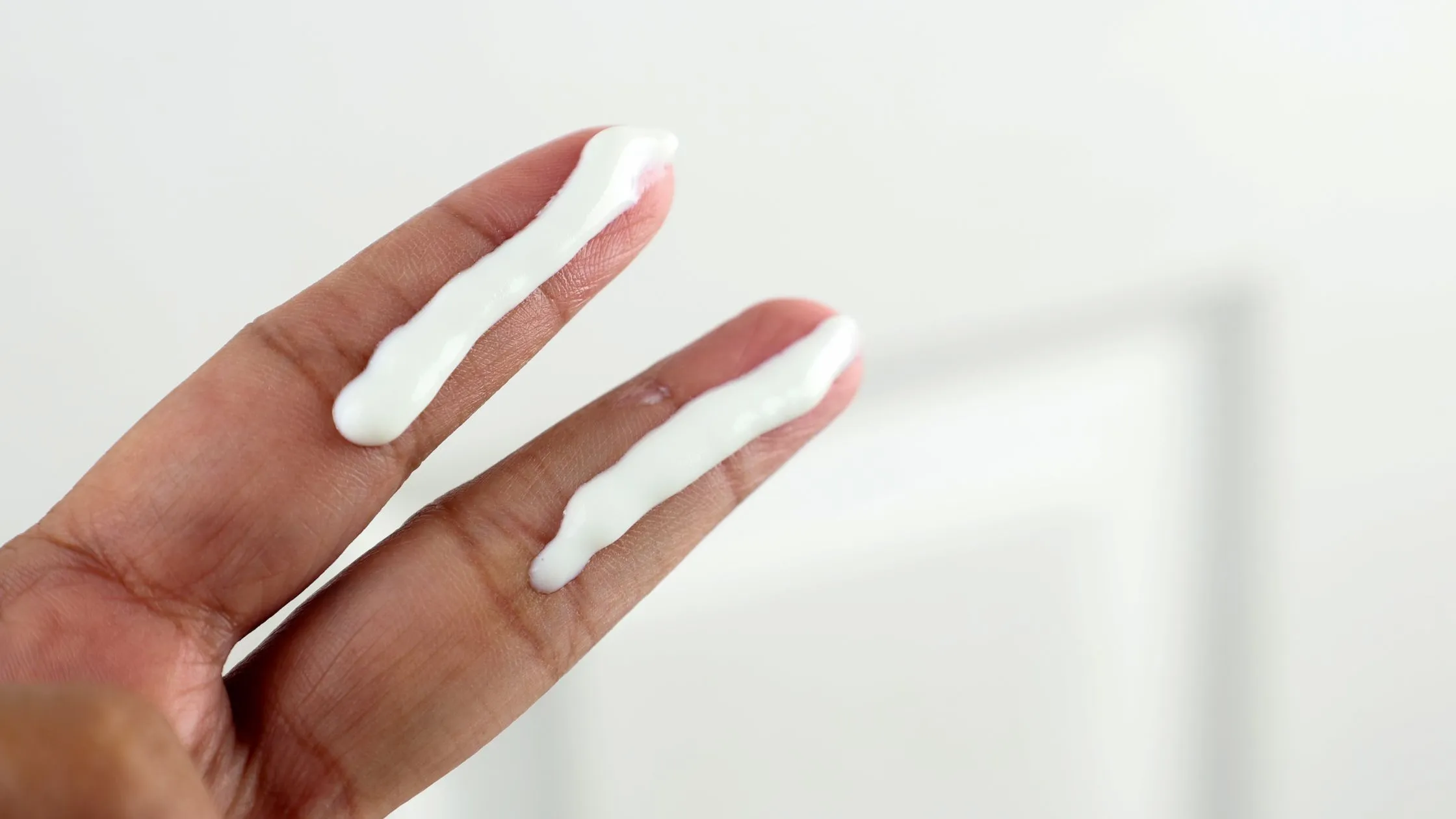The Essential Guide to Waterproof Sunscreen for Your Face

EXTRA 5% OFF ON PREPAID

As the sun shines brighter and the days grow longer, protecting your skin becomes more essential than ever. When it comes to sunscreen, waterproof options are particularly valuable, especially for those who lead an active lifestyle or live in warmer climates. But what exactly is waterproof sunscreen, and why should you consider it for your daily skincare routine? This guide will explore the benefits, key ingredients, and tips for choosing the right waterproof sunscreen for your face.
Waterproof sunscreen is designed to resist being washed away by water or sweat. While no sunscreen is entirely waterproof, the term typically refers to products that maintain their SPF protection for a certain amount of time while swimming or sweating. Most waterproof sunscreens are formulated with specific ingredients that create a barrier on the skin, allowing them to adhere better even in wet conditions.
Choosing a waterproof sunscreen for your face comes with numerous benefits:
When selecting a waterproof sunscreen for your face, it’s essential to understand the ingredients that contribute to its effectiveness. Here are some common ingredients to look for:
To maximize the benefits of your waterproof sunscreen, follow these application tips:
Not all waterproof sunscreens are created equal, and finding the right one for your skin type is crucial for achieving the best results. Here’s a quick guide:
There are several myths surrounding waterproof sunscreen that can lead to confusion. Let’s debunk a few:
Integrating waterproof sunscreen into your daily skincare routine is essential for maintaining healthy skin. Here’s how to do it:
Your skin has unique needs based on various factors, including climate, lifestyle, and personal preferences. For instance, if you live in a humid environment, you may prefer a lightweight, gel-based sunscreen that feels refreshing on your skin. Alternatively, if you’re often in the sun, look for a higher SPF to ensure adequate protection.
As you explore different options, remember that your skin is a reflection of your overall well-being. Embracing authentic self-expression and holistic wellness can lead to healthier skin and a more confident you. Incorporating products like MelaMe™ Complex is advanced skincare engineering from the house of Asaya. This melanin-first molecule has been designed to visibly treat discolouration and restore pigment balance in your skin within 2 weeks of regular use–tested and proven. can enhance your skincare routine, promoting a more even-toned complexion while protecting against sun damage.
It’s recommended to reapply every two hours, especially after swimming or sweating.
Yes, waterproof sunscreen can be used on both the face and body. Just ensure you choose a formulation suitable for your skin type.
Many waterproof sunscreens are formulated for sensitive skin, but it’s always best to check the ingredients and perform a patch test first.
A broad-spectrum sunscreen with an SPF of at least 30 is recommended for adequate protection.
Absolutely! Many waterproof sunscreens are designed to be makeup-friendly and can provide a smooth base for foundation.
Choosing the right waterproof sunscreen for your face is a crucial step in your skincare routine. By understanding your skin's needs and selecting a product that fits your lifestyle, you can protect your skin from harmful UV rays while embracing your unique beauty. Remember, wellness is a journey, and every step you take towards self-care contributes to your overall well-being.
As you navigate your skincare journey, consider the importance of community and shared experiences in fostering personal growth. Empower yourself through authentic self-expression and holistic wellness, and enjoy the journey towards healthier, radiant skin.